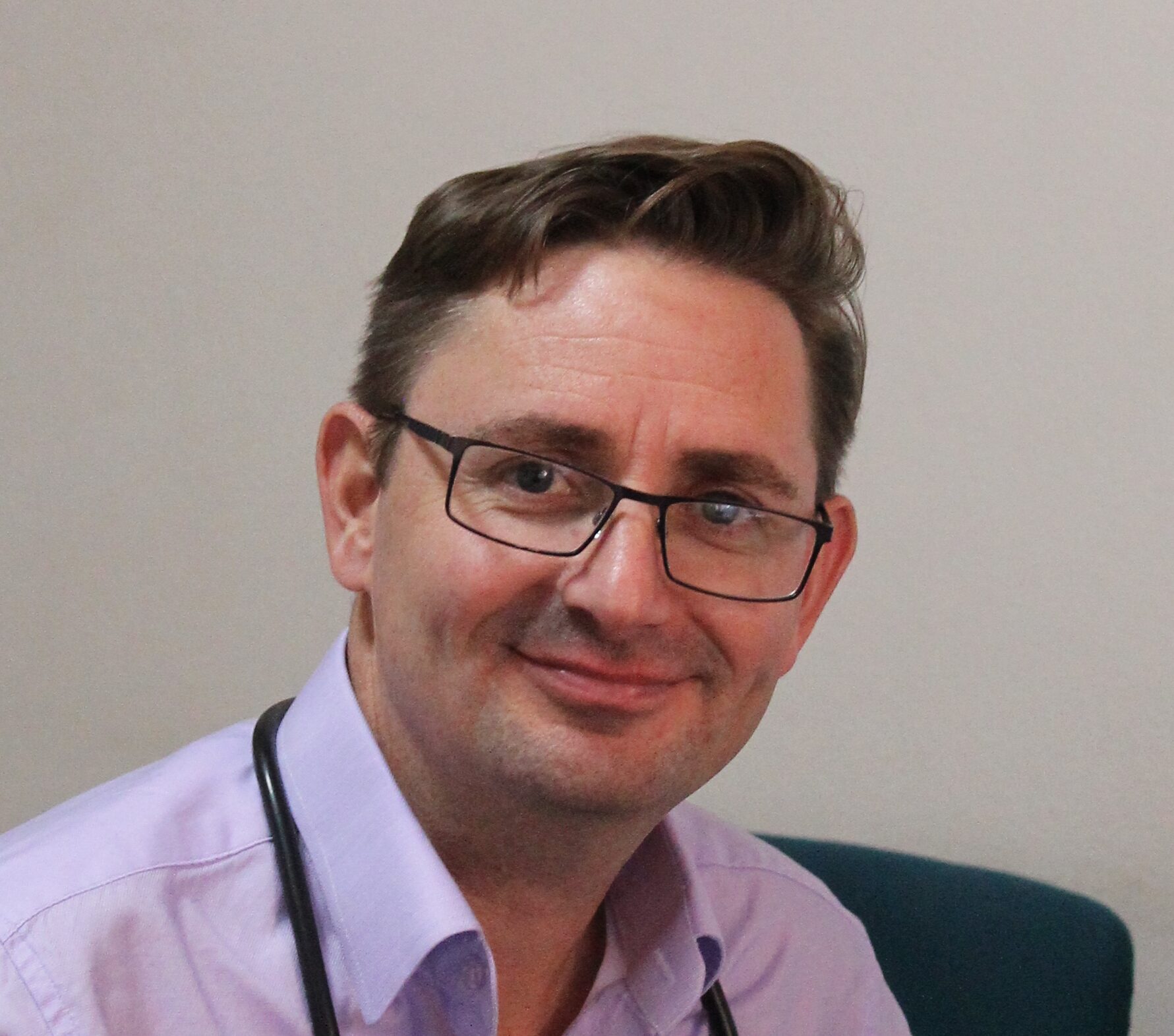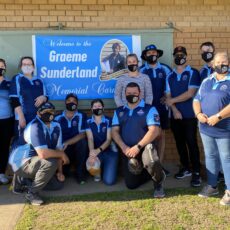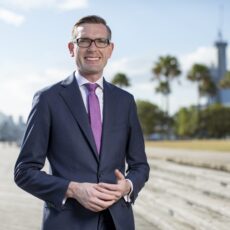Details have been released of the coming rollout of the COVID-19 vaccines, and peak rural health bodies are happy that rural communities will have equitable and speedy access.
The Rural Doctors Association of Australia and the Australian College of Rural and Remote Medicine have said that the Morrison government ‘has made a real effort to ensure that rural areas are not forgotten.’
RDAA president Dr John Hall said that Phase 1A of the rollout would be the Pfizer vaccine which has specific storage and transport requirements that make it difficult for general distribution, will then be followed by the AstraZeneca vaccine which will then be made available through GP clinics.
“The initial rollout of the Pfizer vaccine will be delivered via hubs in strategic locations, and rollout teams will ensure that it is available to vulnerable people who are eligible in the very first phase in smaller rural and remote communities.
“This will then be followed by a Phase 1B rollout of the AstraZeneca vaccine, which can be stored in the fridge alongside the other vaccines administered by GPs, increasing the availability and decreasing any wait times for rural Australians,” Dr Hall said.
“If people are unsure of their eligibility to receive the vaccine in the early stages of the vaccine rollout, they can check the government website or phone their GP.
“It is important that the people who are most at risk from the virus are prioritised to receive the vaccine.”
ACRRM president, Dr Sarah Chalmers, said the vaccination program will take advantage of the existing infrastructure established for the GP-led respiratory clinics that were set up for testing, and these will be prioritised for the vaccine rollout.
“Initial priority will be given to the established Respiratory Clinics to administer the vaccine, but this will be quickly followed by GP practices around the country,” Dr Chalmers said.
“COVID-19 vaccines will be made available free for everyone living in Australia, including all Australian citizens, permanent residents, and most visa-holders, including those not Medicare eligible, and so all patients will be bulk billed.
“Even though we have not had a lot of cases of COVID in rural communities, it is important that people get themselves, and their families, vaccinated.
“Different vaccines work in different ways, and it’s important to know that this vaccine will prevent you from getting seriously ill from the virus, but not from contracting it.
“Despite being vaccinated you may still carry and shed the virus, so it is extremely important that you protect your families by ensuring that everyone receives it.”
“RDAA and ACRRM together thank the government for their dedication to protecting rural Australians from COVID-19, and ensuring timely and equitable access to the vaccines across rural and remote Australia” the two bodies said.
To order photos from this page click here









